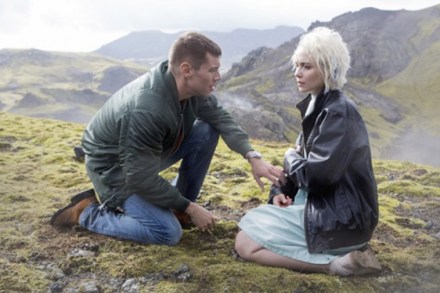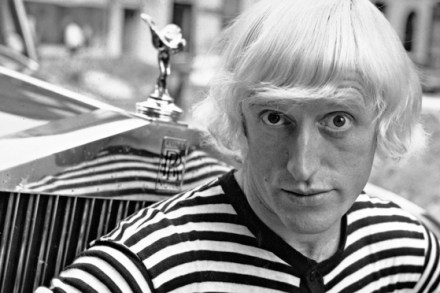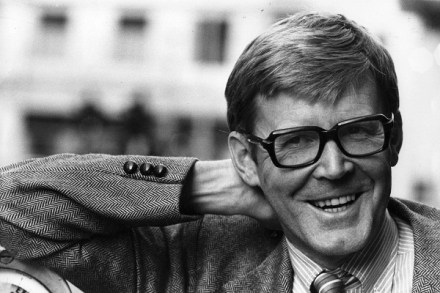Why feminists like me are addicted to Game of Thrones
This post contains spoilers and discussion of the Season 5 Finale. My name is Kate Maltby, I’m a feminist, and I’m addicted to Game of Thrones. I’ve known I’ve had a problem for some time, really. It all started at the end of Season 3. Languidly cat-sitting for a friend (this is what all feminists do on our weekends), I discovered that she had the last three episodes of Season 3 taped. I knew the show was famous for turning woman into nude pin cushions, but this didn’t count as watching, obviously. More like passing the time. Anyway, I had a cold at the time, so I was ill. It was allowed. When I binged my

















